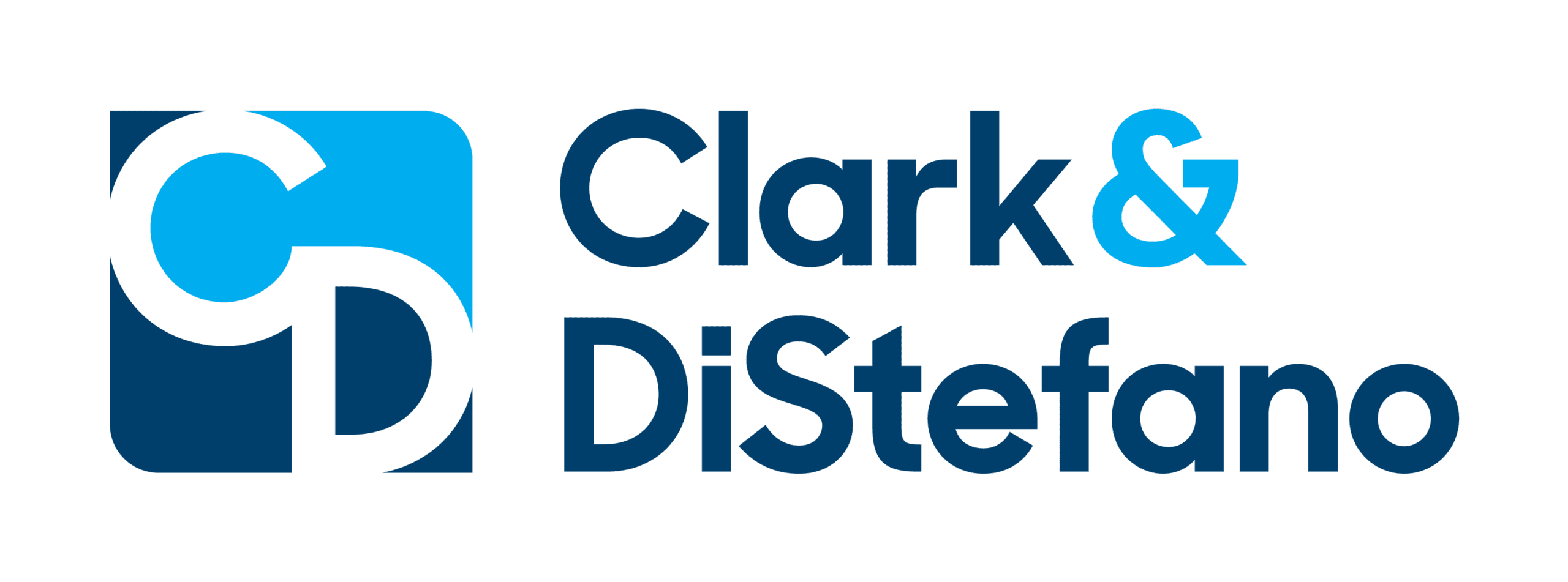A Connecticut school district is telling students to power off their school-provided tablets after the lithium-ion battery in one student’s device overheated and burned through the student’s backpack.
In a Thursday, Oct. 15 letter to parents, Bristol Public Schools superintendent Catherine Carbone said that the district was halting the use of all Lenovo tablet devices issued to students pre-K through grade 3.
In the letter, Dr. Carbone said that the “tablet battery ignited” earlier in the day Thursday. She said that the incident has been reported to Lenovo, according to WTIC FOX 61 Hartford.
“Until we are certain that this is an isolated event, we are requesting families to cease using the tablet device,” Dr. Carbone advised. “Do not charge the device, and turn OFF power to the device. All devices will be returned to the school/district until we have an understanding of the malfunction.”
More devices, more risks
School districts throughout the country have issued millions of tablets and laptops to students for virtual learning when the COVID-19 pandemic led to school closures. Almost all laptops and tablets are powered by rechargeable lithium-ion batteries. Several major manufacturers have recalled devices for fire risk in recent years.
A lithium-ion battery fire in North Carolina prompted similar warnings from education officials in August. A student in Winston-Salem was using his school-issued Chromebook at home for a virtual class when it started sparking and flaming. Months earlier in the same school district, a teacher used a fire extinguisher to battle flames erupting from a student’s laptop and forced a class full of kids to evacuate.
We're here to help!
At Clark & DiStefano we are attentive, always focusing on the needs of our clients. We develop strategies that are tailored to each individual case, and we treat our clients as strategic partners in achieving a common goal. We endeavor to think outside of the box and formulate cost-effective strategies. Lastly, we believe in prompt communications with clients so they have predictability for reserve setting and sufficient time for studied pre-trial evaluations and recommendations.
